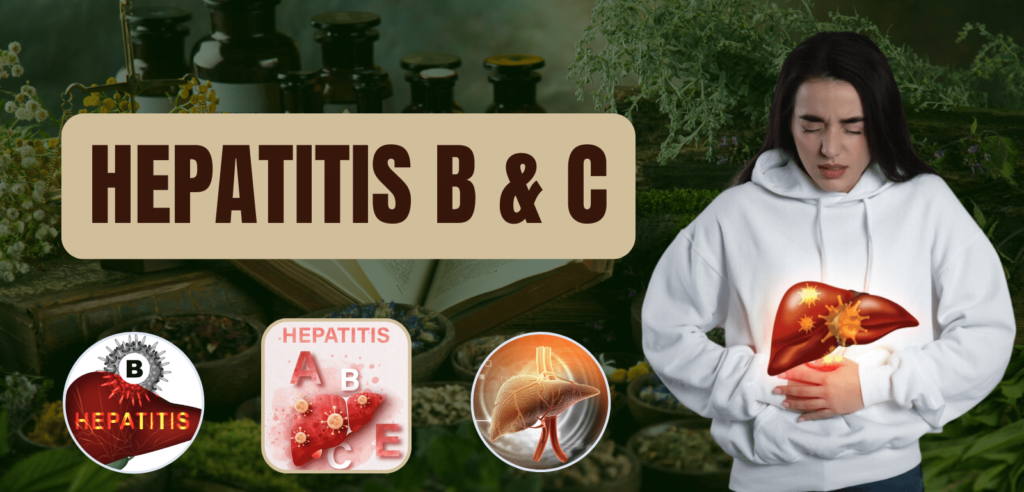
Hepatitis B & C
Hepatitis B and C are both viral infections that primarily affect the liver.
Hepatitis B is caused by the hepatitis B virus (HBV) and is usually transmitted through contact with the blood or other body fluids of an infected person.
It can also be transmitted from mother to child during childbirth. Hepatitis B can range from being an acute infection, which resolves on its own, to a chronic infection that can lead to liver damage, liver cirrhosis, or liver cancer.
Hepatitis C is caused by the hepatitis C virus (HCV) and is primarily transmitted through contact with infected blood.
This can occur through sharing needles or other drug paraphernalia, receiving contaminated blood transfusions or organ transplants, or through certain medical procedures.
Hepatitis C can also be transmitted through sexual contact, although this is less common.
Like hepatitis B, hepatitis C can also range from being an acute infection to a chronic infection.
Chronic hepatitis C can lead to liver damage, cirrhosis, or liver cancer. Many people with hepatitis C do not experience symptoms until the disease has progressed, but some may experience fatigue, jaundice, abdominal pain, and loss of appetite.
It’s important to note that both hepatitis B and C can be prevented through vaccination for hepatitis B and by taking precautions to avoid contact with infected blood for hepatitis C.
If you suspect you may have been exposed to either virus or are experiencing symptoms, it is recommended to seek medical attention for proper diagnosis and treatment.
Submit An Inquiry
Contact Us
Timing
- 1:00 PM To 6:00 PM
Visit Clinic
Hepatitis B
- Fatigue
- Jaundice (yellowing of the skin and eyes)
- Abdominal pain
- Nausea
- Vomiting
Hepatitis C
- Fatigue
- Jaundice
- Abdominal pain
Loss of appetite
- Hepatitis B virus (HBV)
- transmitted through contact with the blood or other body fluids of an infected person.
- Hepatitis B transmitted from mother to child during childbirth
- Hepatitis C caused by sharing needles or other drug paraphernalia
- Receiving contaminated blood transfusions or organ transplants, or through certain medical procedures
- Hepatitis C can also be transmitted through sexual contact, although this is less common.
- For Clinic visits: E-16/30, Sector – 8, Rohini, Delhi – 85
- For Teleconsultation: 927-874-1850
- Email: info@vaidmishraji.in
- Timing: Mon-Sat (1:00 PM – 6:00 PM)
